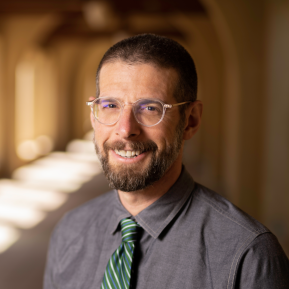Pathways to Preventing and Reducing Colorectal Cancer in Chile
Feasibility study of a national screening program
Colorectal cancer (CRC) is a significant public health issue in Chile, ranking as the second most frequent cancer and the leading cause of cancer death after lung cancer. In 2022, 6,800 people were diagnosed with CRC and over 3,300 people died from the disease.
Over the past decade, both the incidence and mortality rates of CRC have been on the rise. Despite the increasing burden on Chile’s healthcare system, there is no organized, population-based screening program, unlike existing programs for breast cancer and cervical cancer. This noticeable gap in preventive healthcare contributes to late-stage diagnoses and higher mortality rates, and places a substantial strain on the Chilean healthcare system.
Working across government and academia, our interdisciplinary team will evaluate the feasibility and advantages of starting a fecal immunochemical test (FIT) screening program for colorectal cancer (CRC) in Chile. To do this, we'll adapt a well-known simulation tool called Simulation Model of CRC (SimCRC) to match Chile's epidemiology and healthcare infrastructure.
The feasibility study will focus on three specific aims:
Model Adaptation: Adapt SimCRC to the Chilean context using local demographic, epidemiological, and clinical data.
Optimization: Determine the optimal blood concentration in the feces detected in the FIT test that triggers referral for colonoscopy, along with the ideal age/s for screening and how often it should be done.
Impact Estimation: Calculate the long-term effects of different FIT-based colorectal cancer screening options on cancer cases, deaths, and the use of healthcare resources.

Assistant Professor, Health Policy

Professor, Health Policy; 2021-2022 Design Fellow

PhD Candidate, Comparative Health Outcomes, Policy, and Economics (CHOICE) Institute, University of Washington

Software Developer Associate, Health Policy

Health Technology Assessment Department Head , Ministry of Health of Chile

Software Developer, Department of Health Policy, Stanford School of Medicine

Associate Researcher, Center for Cancer Prevention and Control (CECAN)



